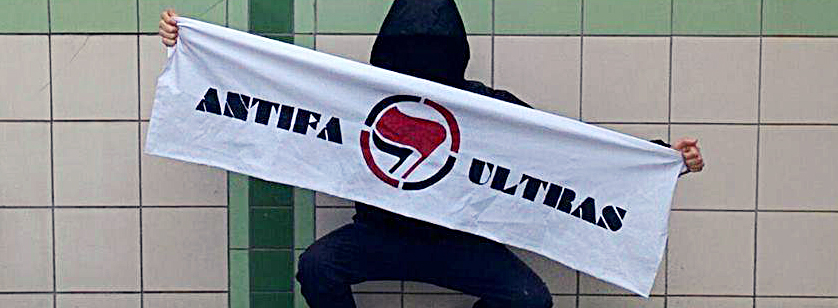
Von Pinar Tremblay
Disruptive and disrespectful actions by Turkish sports fans has been in the news in recent months. On Nov. 21, the Israeli women’s national basketball team became the victim of such behavior in Ankara at the European Championships. During the singing of Hatikvah, the Israeli national anthem, Turkish fans threw water bottles, coins and other objects at the Israeli players on the court. The incident, reported widely in Israel, barely made the news in Turkey.
Some fans at the basketball game applauded the violent acts of others in attendance. On Turkish social media, several tweets praised the disruptive fans while criticizing the arrest of eight people who had waved Palestinian flags. Even before the basketball game, some social media users had called on the government to cancel the match because of Israel’s ongoing conflict with the Palestinians.
What transpired at the basketball game cannot be viewed as a random incident. A sequence of high- and low-profile disruptions has taken place at sports arenas since the summer. Soli Ozel, professor of international relations at Kadir Has University in Istanbul, told Al-Monitor, “This has almost become routine. Teams from several nations have been mistreated. Israeli teams have been terrorized multiple times. Police forces and bureaucrats do not react as strongly as they would against anti-government slogans. We have only heard [Turkish President Recep Tayyip] Erdogan criticize the protests that took place during the Greek national anthem.”
Continue reading “Why some Turkish sports fans terrorize their opponents?”



